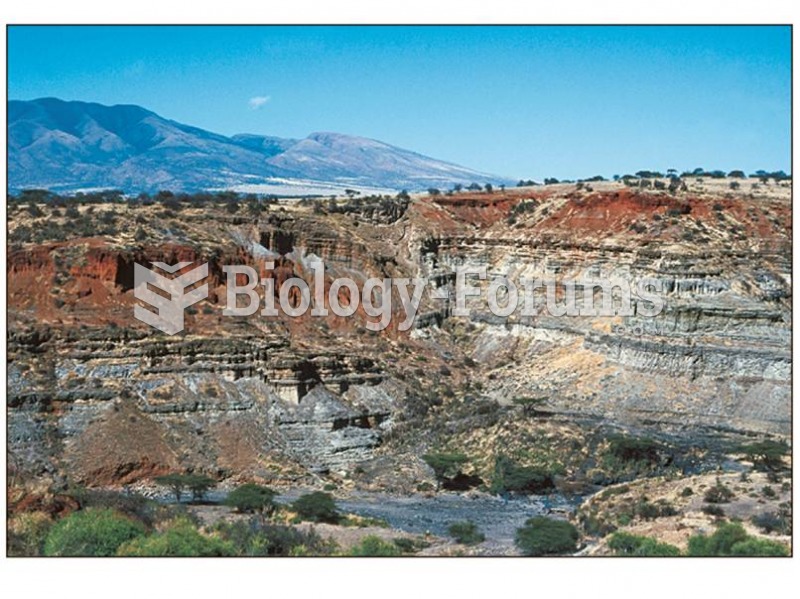|
|
|
Coca-Cola originally used coca leaves and caffeine from the African kola nut. It was advertised as a therapeutic agent and "pickerupper." Eventually, its formulation was changed, and the coca leaves were removed because of the effects of regulation on cocaine-related products.
Immunoglobulin injections may give short-term protection against, or reduce severity of certain diseases. They help people who have an inherited problem making their own antibodies, or those who are having certain types of cancer treatments.
Increased intake of vitamin D has been shown to reduce fractures up to 25% in older people.
The heart is located in the center of the chest, with part of it tipped slightly so that it taps against the left side of the chest.
Urine turns bright yellow if larger than normal amounts of certain substances are consumed; one of these substances is asparagus.







